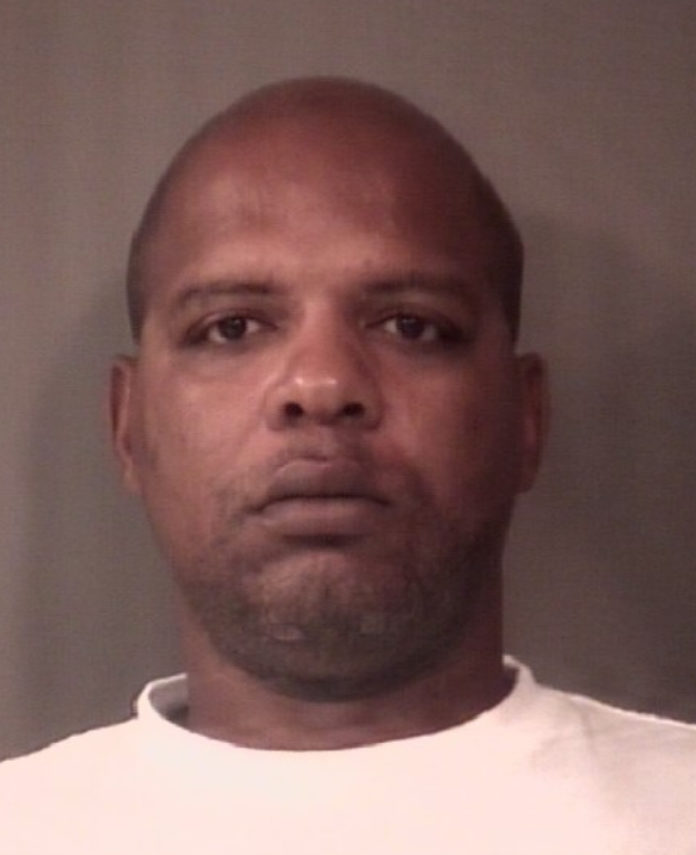Two lawyers debated the significance of a police officer’s official swearing in ceremony in a drunk driving case in Kosciusko Superior Court III today.
In a case before Judge Joe Sutton, attorney Kerry Connor argued Warsaw Police Officer Miles Reichard had not taken his oath of office when he pulled over Eberaia Fields on Sept. 12, 2015, and therefore the charges against Fields should be dismissed.
Fields was charged with operating a vehicle while intoxicated, two counts of intimidation and one count of violation of driving conditions after the traffic stop. Fields was originally pulled over for a headlight violation and the officer quickly realized the vehicle’s plates matched up with somebody suspected in a battery case. Fields was never charged with the battery.
During the traffic stop, police say Fields appeared intoxicated and threatened the other officers who came to assist Reichard, resulting in Fields’ arrest.
Fields filed a motion to a dismiss the case on the basis that Reichard was never sworn in until after the arrest.
Reichard, who stopped Fields, began working for Warsaw Police on Nov. 9, 2014. He was formally sworn in at a Warsaw Board of Public Works and Safety meeting, Nov. 19, 2015.
Connor argued state law requires officers to be sworn in before acting in their duties. “It’s a shame the administration did this to Reichard but this is the way the law is,” Connor said. “ This raises concerns about whether the mayor and the police chief are being careful when it comes to making sure their officers are sworn in.”
Connor said state law requires an officer to be sworn in and a certified copy of the oath is filed with the county clerk’s office.
Lynne Christiansen, clerk-treasurer for Warsaw; Connie Dawson, payroll clerk; and Melissa Boggs, chief deputy clerk for Kosciusko County, testified to verify the timeline of Reichard’s hiring and swearing in.
The state did not dispute the timeline, but argued the oath of office is not where officers get their authority.
Deputy Prosecutor Karin McGrath argued Reichard was employed and issued a uniform, a gun, a badge and police vehicle, thus making him a de facto officer and fully authorized to serve as a police officer. “The defendant should not benefit from an administrative error,” she said.
McGrath referred to a “de facto cop doctrine,” arguing state law and appellate courts have ruled even without a formal oath, that officers who are employed and acting as part of a law enforcement agency have the legal authority to carry out their duties. “The failure to certify his oath its a simply a technical mistake that does not undermine his authority as officer,” she said.
Connor countered that law is clear that even though a person is in uniform and given a vehicle, it does not authorize him as a cop under the law.
McGrath called Reichard to the stand, where he testified the swearing-in was just a ceremony that didn’t change the way he interacted with the public.
Fields is scheduled for a jury trial in the case in April. Sutton set a deadline for final briefings on the motion to be turned by Jan. 31. Sutton said he expects to rule sometime in February.





